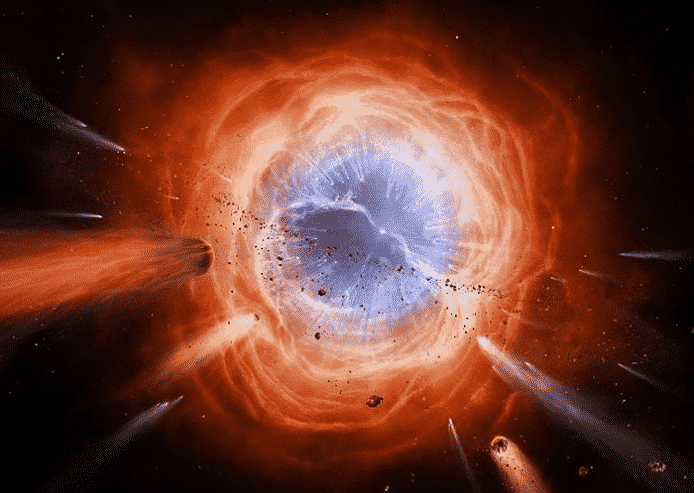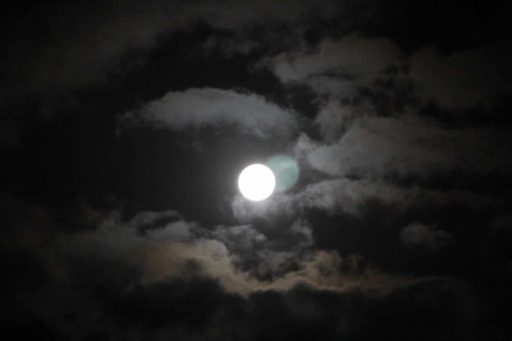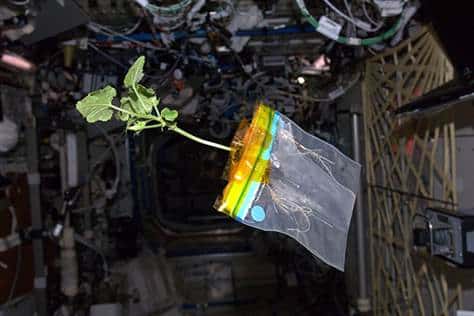Black holes are so entwined in the established scientific narrative these days that it’s easy to forget that their existence is still completely theoretical. No black hole has ever been directly observed. Even famous physicist Stephen Hawking has said that there are no black holes. And now, a researcher has mathematically proved that black holes really don’t exist.
Black holes are the blackest and the most dense objects in the universe that do not even let light escape. But these black holes are a the very contradictory subject among scientists, researchers and astronomers. Some say they exist, while some say they don’t. Some scientists have said that there could be a giant wormhole at the center of our galaxy. Astronomers have discovered a giant black hole that doesn’t swallow all in space. NASA has claimed that it might have found a new black hole in our galaxy. The space agency even has made a telescope that will illuminate black holes.
On the other hand, Stephen Hawking has claimed that there are no black holes. And like Stephen Hawking, Laura Mersini-Houghton, a physics professor at UNC-Chapel Hill in the College of Arts and Sciences, also believes that there are no black holes. Mersini-Houghton has said that the reason black holes are so bizarre is that it pits two fundamental theories of the universe against each other. Einstein’s theory of gravity predicts the formation of black holes but a fundamental law of quantum theory states that no information from the universe can ever disappear.
By merging these two seemingly conflicting theories, Mersini-Houghton has proven, mathematically, that black holes can never come into being in the first place. In her new work, she showed that by giving off Hawking radiation (when star collapses under its own gravity, it produces Hawking radiation), the star also sheds mass. It shrinks so much that it no longer has the density to become a black hole. This work, now, has not only forced scientists to reimagine the fabric of space-time, but also rethink the origins of the universe.
Mersini-Houghton has a submitted a paper regarding her research to ArXiv, an online repository of physics papers that is not peer-reviewed. It is hoped that one day, we’ll surely come to know whether black holes really do exist or not.
Source: PhysOrg
[ttjad keyword=”ssd”]



